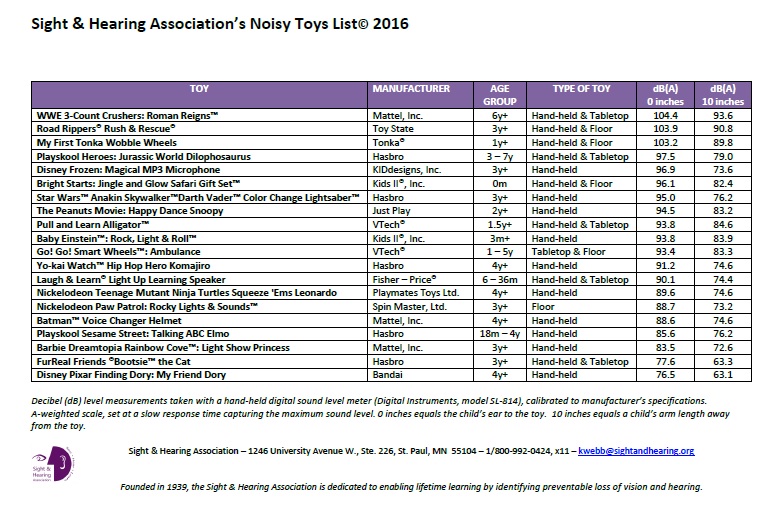By: Cynthia Erdos, Au.D., CCC-A , Audiologist
When I was about 7 years old, I remember lying on my bed listening to my brain work. I cannot remember a time when I didn’t hear a little humming, or buzzing in my ears. Not until I was in graduate school did I realize the sounds I heard was considered a “symptom” of a possible problem in the ear or within the entire hearing system. When the professor starting discussing something called “tinnitus”, I turned to my fellow grad student and said, “Do you mean when it is quiet, you don’t hear anything?” She just gave me a funny look and nodded.
For me, the humming or sounds of crickets is just something I have always heard. If the sounds were suddenly gone, I might be worried and wonder what was happening. I can only imagine if your ears have been quiet since you can remember, and suddenly you heard a buzzing, humming, ringing or any new sound in your ears, it could be disturbing. The American Tinnitus Association reports over 45 million Americans struggle with tinnitus, making it one of the most common health conditions in the United States.
What is Tinnitus?
Tinnitus is the clinical term used for a sound heard in the head or ear when no external source is present. It can be constant or intermittent and can be heard in one ear or both ears. Tinnitus is usually not a sign of something serious. Tinnitus is a symptom of a dysfunction with the auditory (hearing) system and is usually associated with some degree of hearing loss.
For some individuals, tinnitus can be a debilitating condition. It can negatively affect a person’s overall health and social well-being. Tinnitus has been associated with distress, depression, anxiety, sleep disturbances or even poor concentration.
What causes tinnitus?
There are many causes for tinnitus. Almost any condition that can cause hearing loss can cause tinnitus.

The most common cause of tinnitus is exposure to loud noise-it is very important to protect your ears from noise. Some other causes include:
- Meniere’s disease
- TMJ disorders
- Head injuries or neck injuries
- Obstructions in the middle ear
- Ear wax
- Middle ear fluid
- Tumors of the head or neck
- Blood vessel disorders
- High blood pressure
- Atherosclerosis
- Medications, including over the counter
- Non-Steroidal Anti-Inflammatory Drugs (NSAIDs)
- Certain antibiotics
- Certain cancer medications
- Water pills and diuretics
- Quinine-based medications
Treating the cause of tinnitus often eliminates tinnitus. Unfortunately, often the cause of tinnitus is related to permanent damage to the hearing system, such a noise exposure, or the cause is unknown.
Is there a cure for tinnitus?
It is important to understand that tinnitus is a symptom, not a disease or condition. The most effective way to treat tinnitus is to treat the underlying cause of the tinnitus. For many people, however, it is impossible to know the exact cause of tinnitus. If you have tinnitus, you should be evaluated to determine if there is a treatable medical condition. A thorough tinnitus evaluation often includes a medical examination by an otolaryngologist and a hearing evaluation by an audiologist. Currently, there is no safe and consistent way to cure tinnitus. There are evidence-based practices to help patients improve quality of life by learning to manage tinnitus, or manage their reactions to the tinnitus.
There are many ways to learn to manage tinnitus. Research studies show the best ways to manage tinnitus include education, sound therapies and counseling. For example, be aware of the toys your child plays with, as some can be very loud for little ears. The Sight & Hearing Association releases an annual list of the loudest toys that you can check before making holiday or birthday gift lists.

If you or a loved one is suffering from tinnitus, the first step is a complete hearing evaluation. To find out more information about Easter Seals DuPage & Fox Valley’s audiology services and scheduling an evaluation visit our website: http://www.easterseals.com/dfv/our-programs/medical-rehabilitation/audiology.html .


